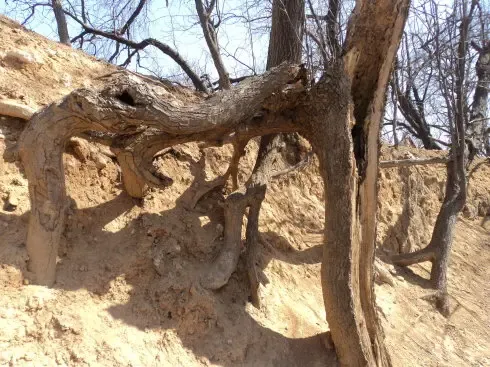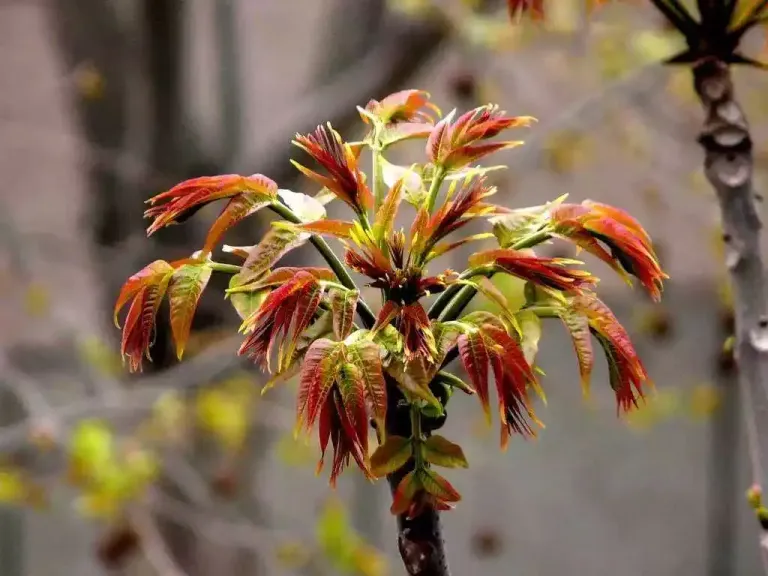
In the forgotten corners of cities where concrete devours soil, along rural roads where dust clouds bloom with each passing cart, there grows a tree crowned with feathery leaves resembling ancient jade hairpins. This is Ailanthus altissima, the Tree of Heaven, bearing the poetic name "Chu" in Chinese classics – a botanical refugee thriving where others perish.
Few pause to admire its mottled bark patterned like faded maps. Its blossoms emit not fragrance but a musky earthiness, its timber too coarse for carpenters' chisels. Yet this outcast of the plant kingdom carries within its rings the secret of existence. While orchids wither in polluted air and pines stunt in alkaline soil, the Chu tree extends its roots through construction debris and industrial runoff, transforming toxic ground into fertile earth through the alchemy of fallen leaves.
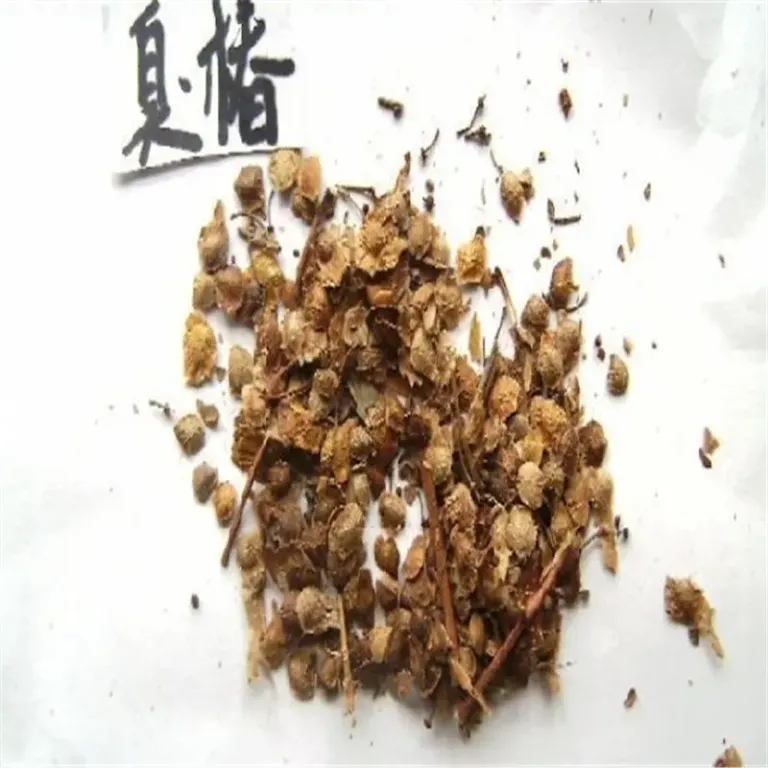
I once witnessed a Chu sapling splitting asphalt near an abandoned factory. Its leaves, veined like stained-glass windows, filtered sunlight into liquid gold upon the cracked pavement. Here was no delicate cherry blossom fleeting in spring rains, but a botanical philosopher teaching through silent growth. The tree neither competes for gardeners' favor nor mimics the bamboo's hollow elegance. When typhoons uproot showy magnolias, the Chu sways like a meditating monk, its deep roots humming ancient songs to the bedrock.
Modern souls chasing the mythical Peng bird's 900-mile wingspan might overlook the wisdom beneath their feet. The Chu tree's existence whispers truths we strain to hear in bustling cities: that survival is art, resilience is beauty, and sometimes, the greatest freedom lies not in soaring through azure skies but in growing unapologetically where life plants you. Its branches, tracing calligraphic strokes against urban skylines, write a manifesto for our age – to bloom where we're rooted, to thrive without permission, to find nobility in becoming what the world needs rather than what it applauds.
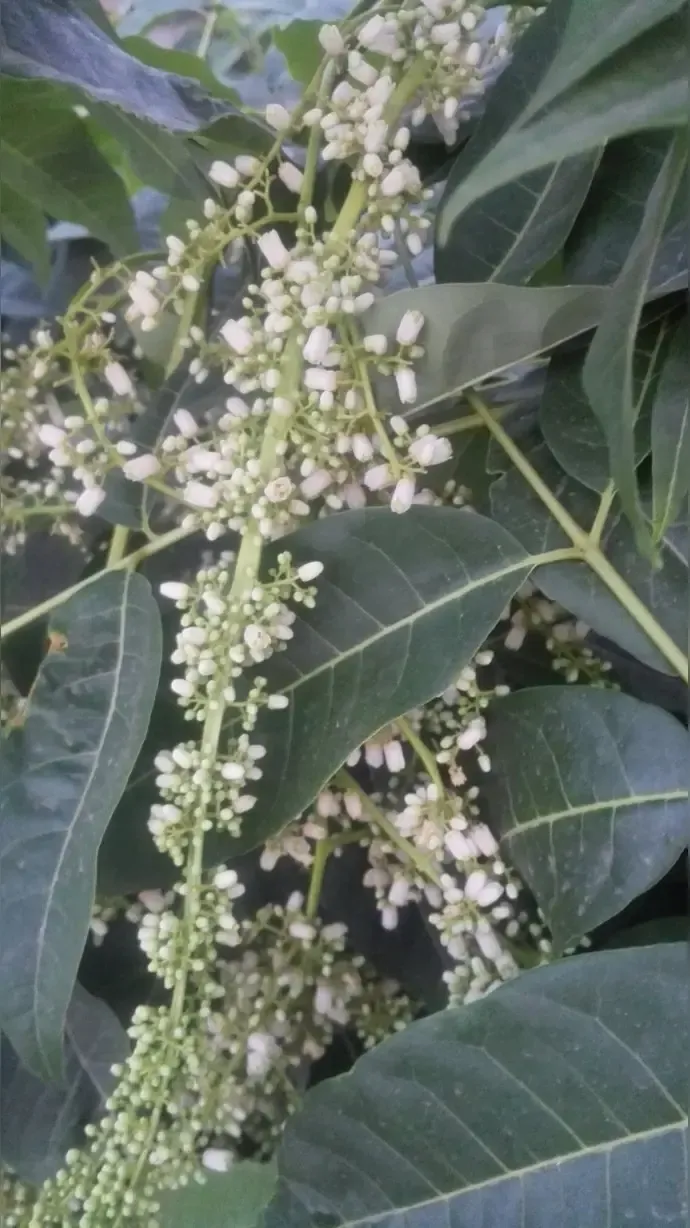
在水泥吞噬土壤的城市缝隙里,在马车经过便扬起尘烟的乡道旁,生长着一种羽状复叶如碧玉簪的树。它被植物图鉴标注为臭椿,却在《庄子》里拥有诗意的名字——樗。这被嫌弃的树,总在生命禁区创造绿色奇迹。
无人为它皴裂如古地图的树皮驻足,它的花不芬芳反带土腥气,木质粗粝得让木匠摇头。可这植物界的流浪者年轮里藏着生存哲学:当兰花在雾霾里窒息,雪松在盐碱地萎黄,臭椿的根正穿透建筑废料向下生长。被化工厂毒化的土地,经它的落叶点化成沃土。
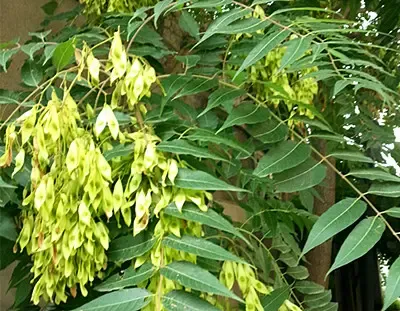
我曾见一株臭椿幼苗顶裂柏油路面,在废弃厂房前展开琉璃窗般的叶片,将阳光滤成金雨洒向裂缝。这不是易逝的樱花,是用生长布道的植物哲人。它不争夺园丁的宠爱,不效仿竹的空心清高。台风将艳丽的广玉兰连根拔起时,臭椿如入定老僧随风轻摇,地底根脉正与岩层合诵古老经文。
追逐鲲鹏九万里展翅的现代人,常忽略脚边的生存智慧。臭椿的存在方式,恰是我们焦灼时听不见的启示录:以有毒废气为养料,把建筑废渣化春泥,在价值评判体系外自成生态。它的枝桠在写字楼玻璃幕墙上书写狂草,为每个疲惫灵魂提供另类答案——不必活成被掌声灌溉的景观植物,成为改良土壤的先锋物种,亦是崇高的生存。
